How Much Does It Cost To Dock a Boat In the Bahamas?
The Bahamas has many popular boat docking spots, such as Nassau and New Providence, which have marinas that offer full-service amenities and can accommodate even large boats. To give you a rough idea of the expenses involved, we'll break down the costs of docking a boat in the Bahamas, so you can plan your trip with confidence and avoid any unexpected surprises.
The average monthly rate for docking a boat in the Bahamas can range from $20 to $40 per foot, depending on the size of your vessel. For smaller boats, you can expect to pay around $20 to $30 per foot per month, while larger boats can cost around $30 to $40 per foot per month.
When docking your boat, you may need to be extra careful, as some areas in the Bahamas have shallow waters. Below, we have some great tips to help you successfully dock in shallow water without your boat running aground.
Summary
- You can pick between mooring or docking at a marina in the Bahamas. Mooring is cheaper, but it has drawbacks. Meanwhile, docking at a marina offers amenities and services for your convenience, but it may be expensive depending on the vessel size.
- Some of the most popular marinas in the Bahamas have an average rate of $3.50 to $5.00 per foot per night. Most of the islands where these marinas can be found are located near several luxury resorts.
- Since the Bahamas is part of the Caribbean Islands, they have the same sailing seasons, which means the peak season runs from December to June, while the off-season runs from July to November.
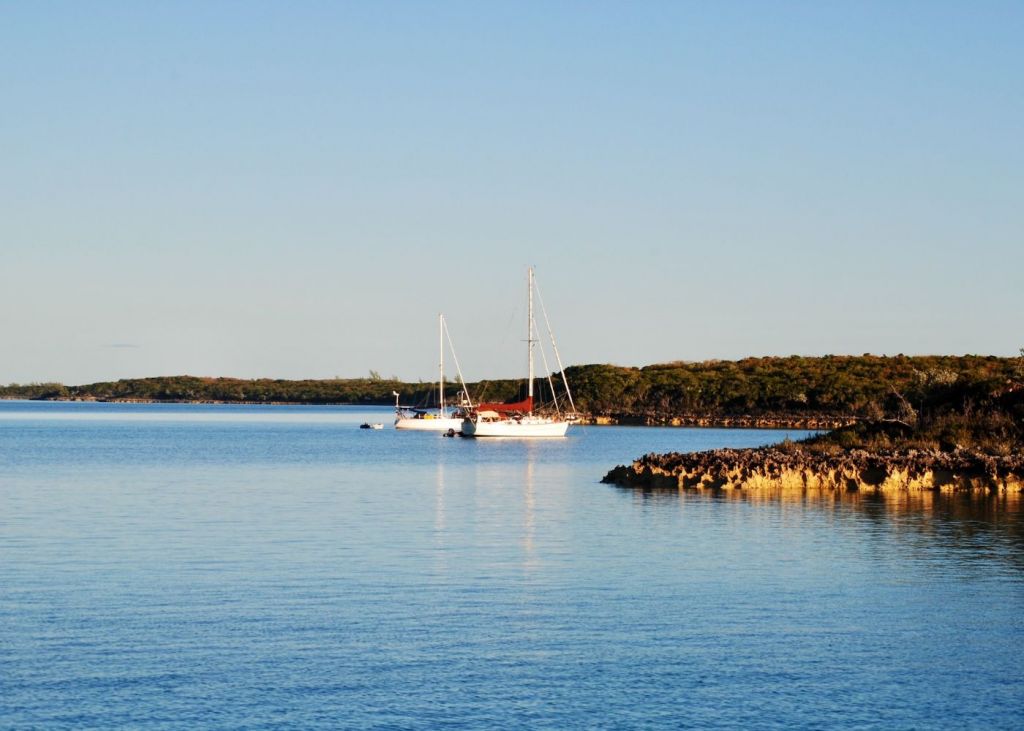
On this page:
A Friendly Guide on The Costs of Docking a Boat in the Bahamas
Below, we'll break down the cost of docking different boat sizes in this area:
| Boat Size (ft) | Dockage Rates (per foot per month) | Utility Costs (per foot per month) | Security Fees (per foot per month) | Additional Fees (per foot per month) | Total Cost (per foot per month) |
|---|---|---|---|---|---|
| Up to 30 | $20-$25 | $5-$10 | $3-$5 | $0-$2 | $28-$42 |
| 30-50 | $25-$35 | $10-$15 | $5-$7 | $2-$5 | $42-$62 |
| 50-70 | $35-$45 | $15-$20 | $7-$10 | $5-$8 | $62-$83 |
| 70 and above | $45-$50 | $20-$25 | $10-$15 | $8-$12 | $83-$102 |
Dockage rates can range from $20 to $50 per foot per month
Dockage rates in the Bahamas vary depending on the size of your vessel and the marina you choose. Daily rates for a small vessel can range from $1.50 to $2 per foot per day, while larger vessels can expect to pay $2 to $3 per foot per day.
Weekly rates for a small vessel can range from $7 to $10 per foot per week, while larger vessels can expect to pay $10 to $15 per foot per week. Monthly rates for a small vessel can range from $20 to $30 per foot per month, while larger vessels can expect to pay $30 to $40 per foot per month.
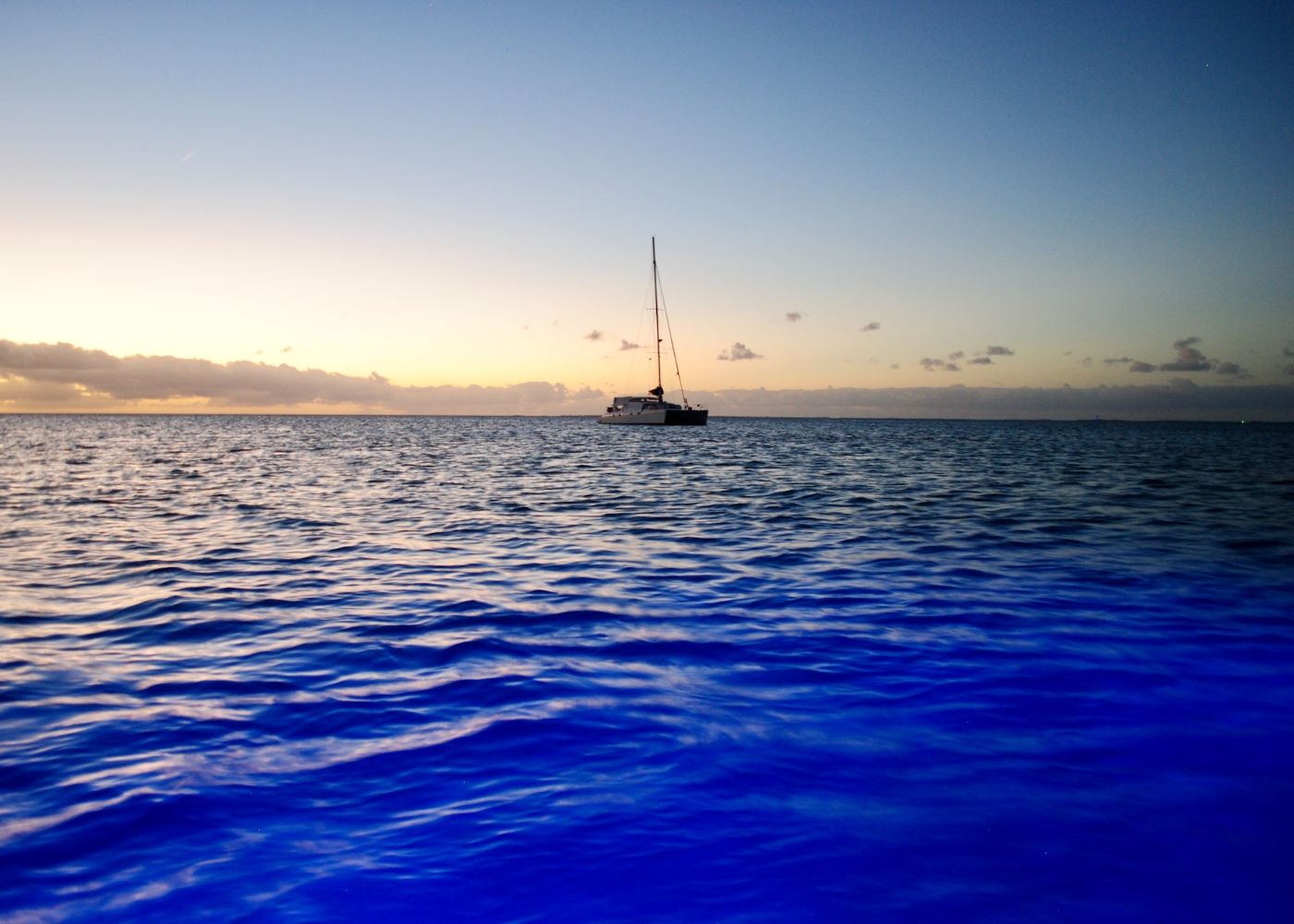
Utilities can cost from around $5 to $25 per foot per month
Utility costs are typically included in the dockage rates, but you may need to double-check with the marina to ensure that this is the case. Utility costs can include electricity, water, and pump-out services.
Security fees may cost around $3 to $15 per foot per month
Many marinas in the Bahamas offer 24-hour security to ensure the safety of your vessel. Some marinas also have customs and immigration offices on-site, which can be convenient for international travelers.
Additional fees can add up to $12 monthly
In addition to dockage rates, utility costs, and security fees, there may be other fees associated with docking your boat in the Bahamas. These fees can include environmental fees, garbage disposal fees, and administrative fees. You may need to inquire about any additional fees that may be included in your dockage rates.
Understanding Boat Docking in the Bahamas
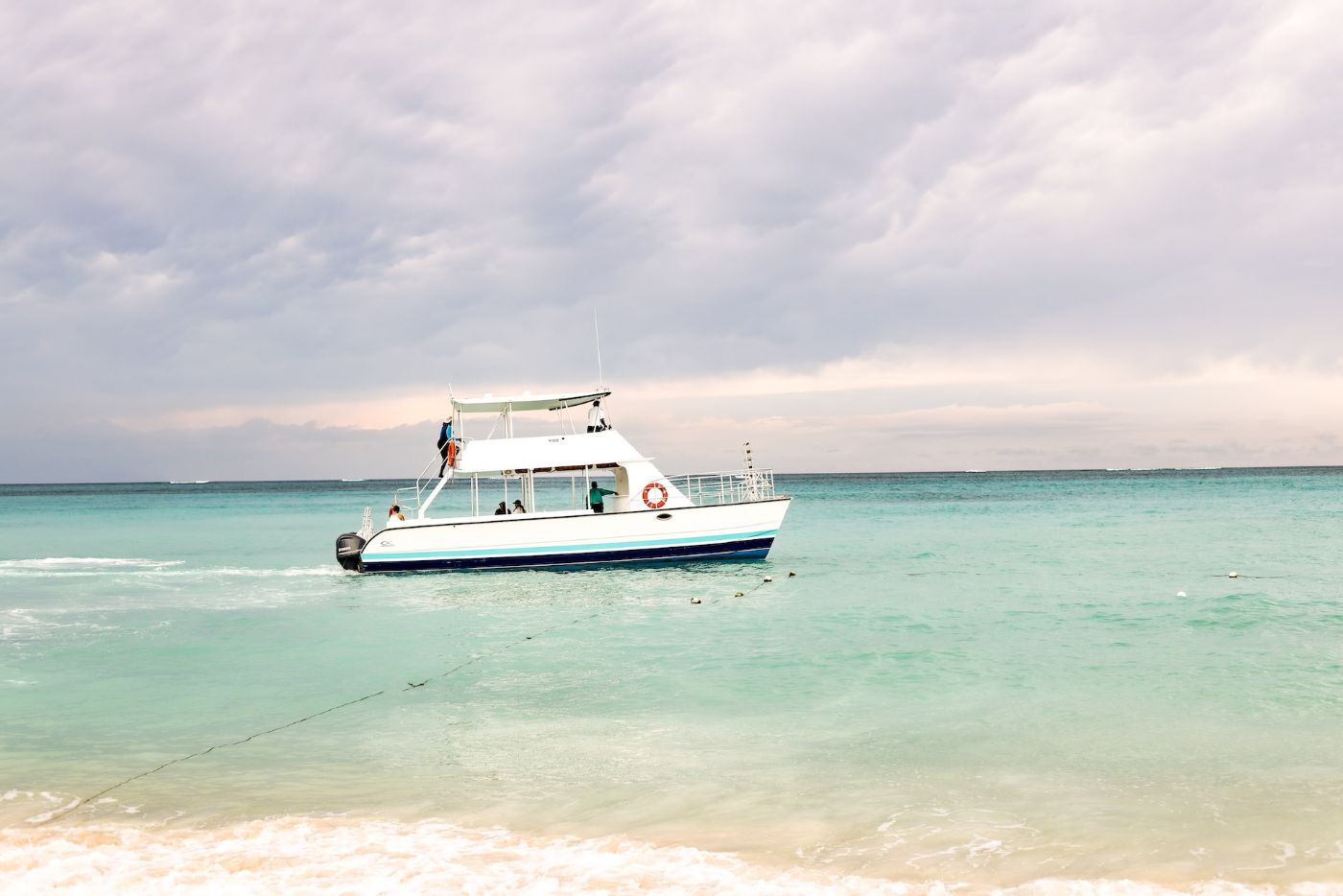
Docking a boat in the Bahamas can be a fun and exciting experience, but it can also be challenging if you're not familiar with the process. Here are a few things to keep in mind when docking your boat in the Bahamas:
Choosing the right dock in the Bahamas
When choosing a dock, try to consider the size of your boat and the depth of the water. Most marinas in the Bahamas have docks that can accommodate boats of various sizes, but you'll want to make sure that the dock you choose is suitable for your boat. Check the water depth to ensure that it is deep enough for your boat, especially if you have a larger vessel.
Knowing the proper docking process
Here are a few steps to follow when docking your boat:
- Approach the dock slowly and at a 45-degree angle.
- Use your boat's momentum to bring it alongside the dock.
- Secure your boat to the dock using lines and fenders.
- Adjust your lines to ensure that your boat is secure and won't move around too much.
Keep in mind that docking can be affected by weather conditions, such as wind and waves. You might need to be prepared and adjust your approach and use additional lines and fenders if necessary.
Being extra careful in docking in shallow waters
In some areas of the Bahamas, the water can be shallow. If you're docking in shallow water, you may need to take extra precautions to ensure that your boat doesn't run aground. Here are a few tips:
- Use a depth finder to monitor the water depth.
- Approach the dock slowly and carefully.
- Keep your boat's engine neutral to avoid stirring up the bottom.
- Use a boat hook to help guide your boat into position.
Location and Marina Options in the Bahamas
Here are some of the popular marinas and locations to consider to dock your boat in the Bahamas, along with their estimated rates per foot per night.
| Marina Name | Island/Location | Estimated Cost per Night |
|---|---|---|
| Nassau Yacht Haven Marina | Nassau | $4.00 - $5.00 per foot |
| Bay Street Marina | Nassau | $3.50 - $4.50 per foot |
| Albany Marina | New Providence | $4.00 - $5.00 per foot |
| Abaco Beach Resort and Boat Harbour Marina | Abacos | $3.50 - $4.50 per foot |
| Grand Bahama Yacht Club | Grand Bahama Island | $3.50 - $4.50 per foot |
| Port Lucaya Marina | Grand Bahama Island | $4.00 - $5.00 per foot |
| Cape Eleuthera Marina | Eleuthera | $4.00 - $5.00 per foot |
| Flying Fish Marina | Long Island | $3.50 - $4.50 per foot |
| Great Harbour Cay Marina | Berry Islands | $3.50 - $4.50 per foot |
Explore docking options at Nassau and New Providence
Nassau, the capital city of the Bahamas, is a popular destination for boaters. The city has several marinas, including the Nassau Yacht Haven Marina, which offers full-service amenities and can accommodate boats up to 200 feet in length.
Another option is the Bay Street Marina, located in the heart of Nassau and within walking distance of many attractions.
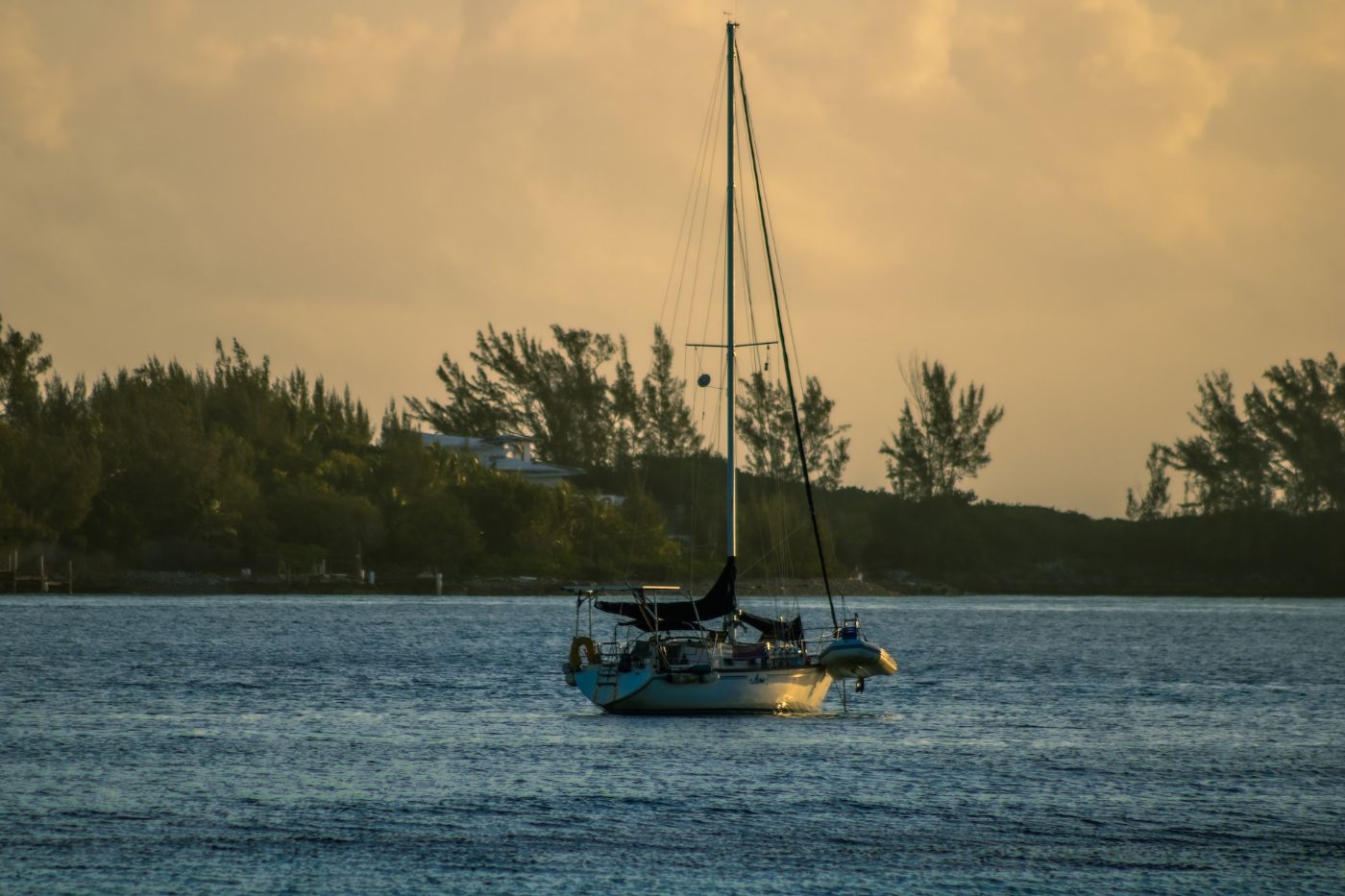
New Providence, the most populous island in the Bahamas, also has several marinas to choose from. One of the most popular is the Albany Marina, which offers world-class amenities and is located near several luxury resorts.
Consider docking at the islands of Abacos and Grand Bahama
The Abacos, a group of islands and cays in the northern Bahamas, is a popular destination for boaters. Marsh Harbour on Great Abaco Island is a hub for boating activity, and the Abaco Beach Resort and Boat Harbour Marina is a popular choice for boaters looking for full-service amenities.
Grand Bahama Island, located to the northwest of New Providence, is another popular destination for boaters. The Grand Bahama Yacht Club and Port Lucaya Marina are two of the most popular marinas on the island.
Try docking at the islands of Eleuthera and other Bahamas islands
Eleuthera, a long, thin island to the east of Nassau, has several marinas to choose from. The Cape Eleuthera Marina is a popular choice, offering full-service amenities and easy access to several nearby islands.
Other islands in the Bahamas also have marinas, including Long Island, which is home to the Flying Fish Marina, and the Berry Islands, which are home to the Great Harbour Cay Marina. The Exumas, a chain of islands to the southeast of Nassau, also have several marinas to choose from.
Factors Affecting the Cost of Docking a Boat in the Bahamas
Seasonal considerations for docking
The Bahamas is considered a part of the Caribbean Islands, so they have the same sailing seasons. During peak season, which typically runs from December to June, the demand for slips is high, and prices are at their highest. However, during the off-season, which runs from July to November, prices are lower, and slips are easier to come by.
If you plan to dock during the peak season, it's essential to book your slip well in advance to avoid disappointment. Many marinas in the Bahamas offer online booking systems, which make it easy to reserve your spot ahead of time.
During the off-season, you may be able to negotiate a better rate for your slip. Some marinas offer discounts for extended stays, so if you plan to stay for an extended period, be sure to ask about any available discounts.
It's also worth noting that the weather can play a significant role in the cost of docking your boat in the Bahamas. Hurricane season runs from June to November, and during this time, many marinas may require you to sign a waiver acknowledging the risks associated with docking during hurricane season.
To understand the weather changes in the Bahamas even better, you may want to read this article.
Additional costs for amenities and services at Bahamian Marinas
When docking your boat at a marina in the Bahamas, you can expect to have access to a range of amenities and services to make your stay comfortable and enjoyable. Most marinas in the Bahamas offer the following amenities:
- Restrooms and showers: Clean facilities with hot water are available to marina guests.
- Wi-Fi: Access to the internet is available at most marinas, so you can stay connected while you're away from home.
- Laundry facilities: Some marinas offer laundry facilities for guests to use.
- Swimming pool: Some marinas have a swimming pool for guests to enjoy.
- Restaurants and bars: Many marinas have on-site restaurants and bars where you can enjoy a meal or a drink.
- Convenience stores: Some marinas have convenience stores where you can purchase snacks, drinks, and other essentials.
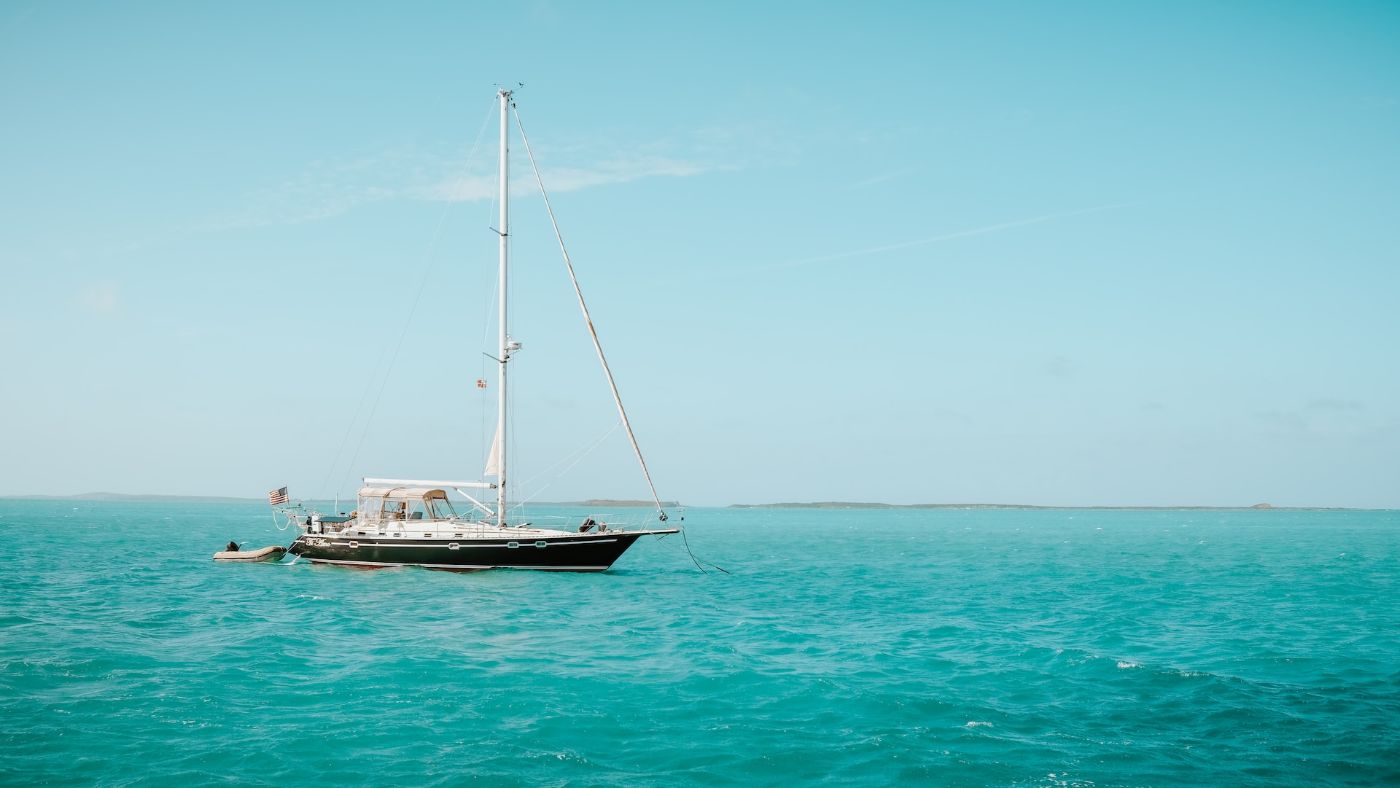
Electricity use during docking
When docking your boat at a marina in the Bahamas, you'll need to connect to shore power to keep your boat's batteries charged and to power your appliances. Most marinas offer electricity connections, but you can go check the voltage and amperage of the connection to ensure that it's compatible with your boat's electrical system.
Some marinas offer both 110V and 220V connections, while others only offer one or the other. It's also important to check the amperage of the connection, as some marinas only offer 30-amp connections, while others offer 50-amp or even 100-amp connections.
When you arrive at the marina, the dockmaster will help you connect to shore power and ensure that everything is working properly. If you have any questions or concerns, don't hesitate to ask for assistance.
Choosing between mooring or docking
When it comes to docking your boat in the Bahamas, there are two options available: mooring and docking. Mooring is when you anchor your boat in a designated area and secure it to a buoy or anchor. Docking is when you tie your boat to a dock or pier.
Mooring is generally less expensive than docking, but it also has its drawbacks. You may not have access to shore power or fresh water. Additionally, you may need to use a dinghy to get to shore. However, if you are looking for a more secluded location, mooring may be the better option for you.
Docking, on the other hand, offers more amenities and convenience. Many docks offer shore power, fresh water, and other amenities such as showers and laundry facilities. However, docking can be more expensive than mooring, especially if you are looking for a prime location.
When deciding whether to moor or dock your boat in the Bahamas, consider your budget, your preferences, and your itinerary. If you plan to stay in one location for an extended period, docking may be the better option. If you prefer a more secluded location or plan to move around frequently, mooring may be the better choice.
Did you find the answer to your specific question?
👍 0 👎 1




Leave a comment